Reference data management tools play a crucial role in modern business operations. They ensure that organizations maintain accurate and consistent reference data, which is essential for effective decision-making. As businesses grow, the complexity of managing reference data increases, making these tools indispensable. FineDataLink and FineBI exemplify how advanced solutions can streamline data integration and analytics, enhancing operational efficiency. By leveraging such tools, companies can improve data governance, reduce errors, and support strategic growth.

Reference data management involves organizing, maintaining, and ensuring the accuracy and consistency of essential static data within an organization. This process serves as a foundational building block that supports data integrity, data integration, and data analysis across various business processes and applications. By establishing a common language across an organization, reference data management enables seamless integration and analysis.
Reference Data Management Tools automate these processes, reducing reliance on spreadsheets and manual data handling. They ensure that reference data remains accurate and consistent, which is crucial for effective decision-making. These tools also facilitate the organization, updating, and consolidation of reference data, maintaining the integrity of business operations.

By leveraging these key characteristics, reference data management tools play a pivotal role in enhancing operational efficiency and supporting strategic growth within organizations.

Reference data management plays a pivotal role in data governance by ensuring the accuracy and consistency of essential static data within an organization. It establishes a structured framework that supports data integrity across various systems. By organizing and maintaining reference data, organizations can define data standards, policies, and rules. This structured approach helps prevent data decay and miscommunications, which are common challenges in data governance.
"Effective management of reference data is crucial for ensuring operational efficiency and enhancing outcomes in business intelligence, data analytics, and AI initiatives."
Reference data management tools automate these processes, reducing reliance on manual data handling. They create a centralized data governance knowledgebase, improving accessibility to critical reference data. This enhancement in data quality and usability supports informed decision-making and strategic growth.

The impact of reference data management on business operations is profound. It ensures that data remains consistent and accurate, which is vital for maintaining the integrity of business processes. By categorizing and supervising reference data, organizations can streamline their operations, leading to improved efficiency and reduced errors.
Reference data management supports business operations by providing a common language across the organization. This commonality facilitates seamless data integration and analysis, which are essential for effective decision-making. As a result, businesses can enhance their operational efficiency and support strategic growth.
"Reference Data Management (RDM) is critical to any organization’s business operations and decision making."

Data inconsistency poses a significant challenge in reference data management. Organizations often struggle to maintain uniformity across various systems and departments. When data lacks consistency, it can lead to errors and misinterpretations, affecting decision-making processes. Businesses without reference data management tools risk making poor decisions due to inaccurate data. In contrast, those with such tools ensure accuracy and efficiency, gaining a competitive edge.
Scalability remains another hurdle for organizations managing reference data. As businesses grow, the volume of data increases, requiring systems that can handle larger datasets efficiently. Legacy solutions often fail to scale effectively, leading to bottlenecks and reduced performance. Advanced reference data management tools offer scalable solutions, enabling organizations to manage growing data volumes without compromising on speed or accuracy. This capability allows businesses to make faster, data-backed decisions, enhancing their operational efficiency.
Compliance and security concerns are paramount in reference data management. Organizations must adhere to regulatory standards to avoid legal repercussions and financial losses. Without proper management tools, businesses face compliance risks and potential breaches of sensitive data. Reference data management tools provide robust frameworks for data governance, ensuring that organizations meet regulatory requirements. By leveraging these tools, businesses can safeguard their data, maintain compliance, and protect their reputation.
Reference data management tools significantly enhance data accuracy. They automate the processes of organizing and maintaining reference data, which reduces human errors. By ensuring that data remains consistent across all systems, these tools form a reliable foundation for analytics and reporting. Accurate data is crucial for businesses to make informed decisions. As one expert in data management states, "Accurate and consistent reference data forms the basis for reliable analytics, reporting, and insights." This accuracy not only supports operational efficiency but also builds trust in the data used for strategic planning.

The role of reference data management in decision-making cannot be overstated. By providing a single source of truth, these tools empower business users to make decisions based on accurate and up-to-date information. Improved management of reference data ensures that business intelligence reports are trustworthy. As a result, enterprises can rely on these reports for critical decision-making processes. The ability to access consistent and accurate data enhances the quality of decisions, leading to better business outcomes. In the words of a data management expert, "Effective reference data management is at the core of data-driven decision-making."
Implementing reference data management tools leads to significant cost savings. By automating data handling processes, organizations reduce the need for manual intervention, which lowers labor costs. Additionally, these tools minimize errors that could lead to costly mistakes. The streamlined data processes also enhance operational efficiency, allowing businesses to allocate resources more effectively. Over time, the investment in reference data management tools pays off through reduced overhead costs and improved productivity. This cost efficiency contributes to the overall financial health of the organization, supporting sustainable growth.
Regulatory compliance stands as a critical aspect of reference data management. Organizations must adhere to various regulations to avoid legal issues and financial penalties. Reference data management tools provide robust frameworks that help businesses meet these regulatory requirements efficiently.

"Accurate and consistent reference data forms the basis for reliable analytics, reporting, and insights." This statement underscores the importance of maintaining high data quality for compliance purposes.
By leveraging these capabilities, reference data management tools play a vital role in helping organizations achieve and maintain regulatory compliance. They not only protect businesses from legal risks but also enhance their reputation by ensuring data integrity and security.
Reference data management tools streamline the organization and maintenance of essential static data. They automate processes that ensure data accuracy and consistency, which are crucial for effective decision-making. Understanding how these tools work involves examining their core features and integration capabilities.

Reference data management tools integrate seamlessly with existing systems. They connect with various data sources, ensuring data accuracy and consistency across platforms. This integration capability supports real-time data synchronization, which is vital for maintaining operational efficiency.

Reference data management tools play a vital role in enhancing operational efficiency. They automate data handling processes, maintain data integrity, and support strategic growth. By leveraging these tools, organizations can improve decision-making and ensure compliance with data protection regulations.
Selecting the appropriate reference data management tool is crucial for ensuring data accuracy and operational efficiency. Organizations must consider several factors to make an informed decision.

When evaluating vendor options, organizations should consider the following:
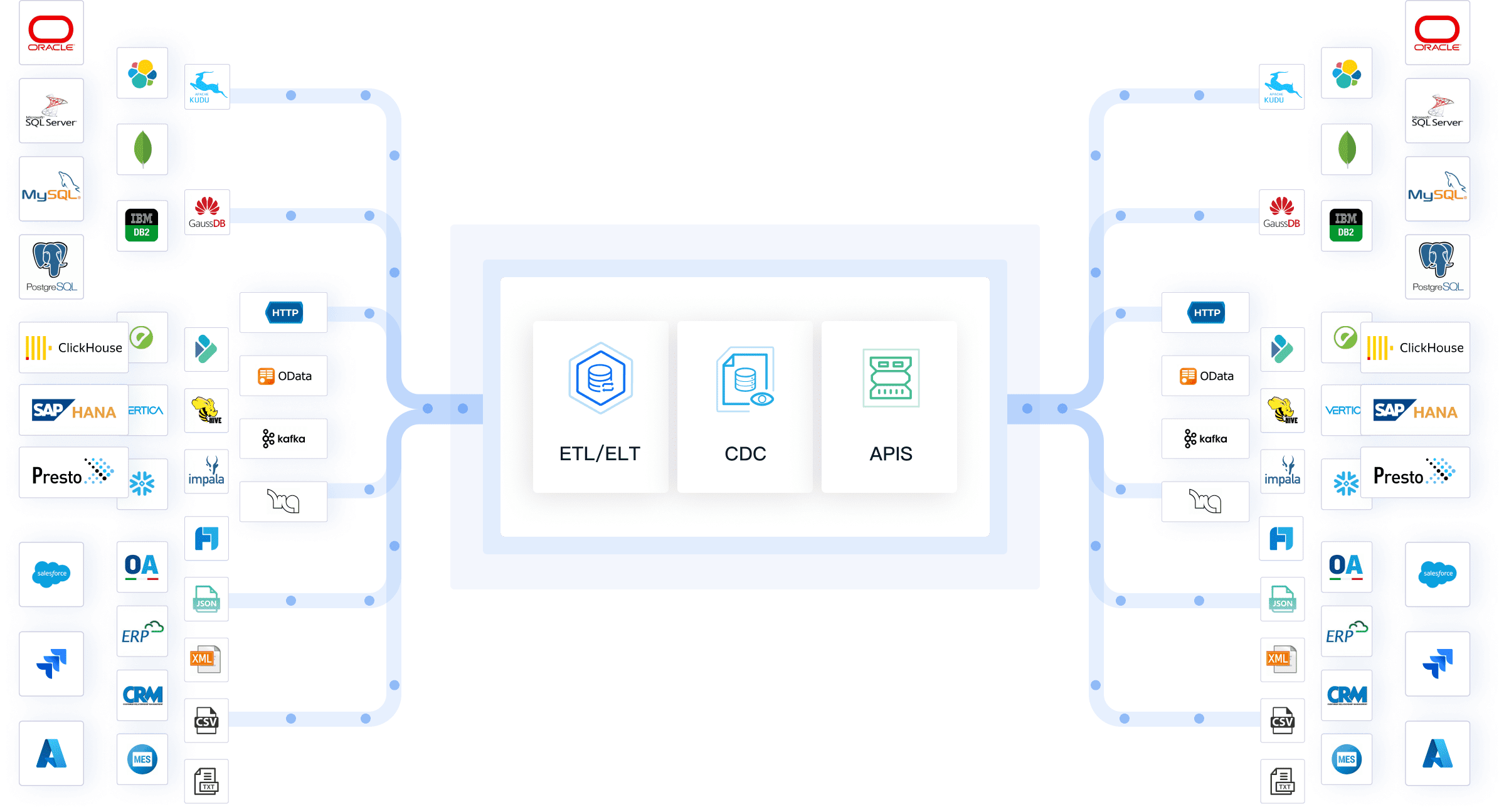
By carefully considering these factors and evaluating vendor options, organizations can choose the right reference data management tool to support their strategic growth and data governance needs.
Implementing reference data management tools requires a strategic approach to ensure successful deployment and utilization. Organizations must consider best practices and invest in training and support to maximize the benefits of these tools.

Training and support play a vital role in the successful implementation of reference data management tools. According to a Staff Training Expert, "Training programs are crucial to ensure the team is familiar with the new standards and procedures." Organizations should invest in comprehensive training programs to equip employees with the necessary skills to use the tools effectively.

By following these best practices and investing in training and support, organizations can successfully implement reference data management tools. These efforts lead to improved data accuracy, enhanced decision-making, and increased operational efficiency.
FanRuan stands as a leader in the realm of data analytics and business intelligence, offering innovative solutions that enhance reference data management. Their products, FineDataLink and FineBI, exemplify how technology can streamline data processes and empower businesses to make informed decisions.
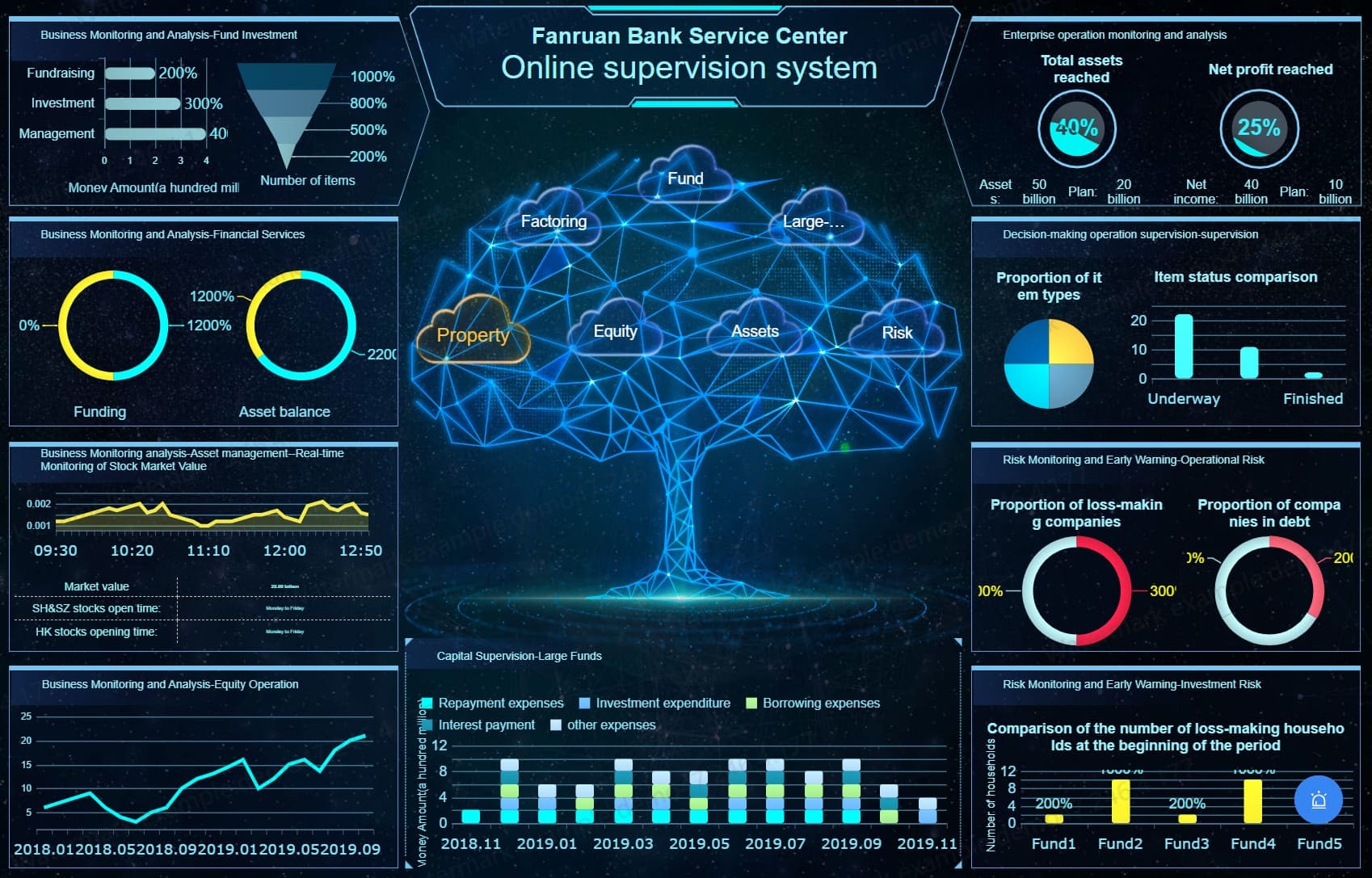
FineDataLink serves as an all-in-one enterprise-level data integration platform. It simplifies complex data integration tasks, making it an ideal choice for businesses seeking efficient solutions. With its low-code approach, FineDataLink allows users to perform real-time data synchronization and advanced ETL & ELT data development with ease. The platform's drag-and-drop functionality and detailed documentation further enhance user experience, enabling seamless data flow across various applications.
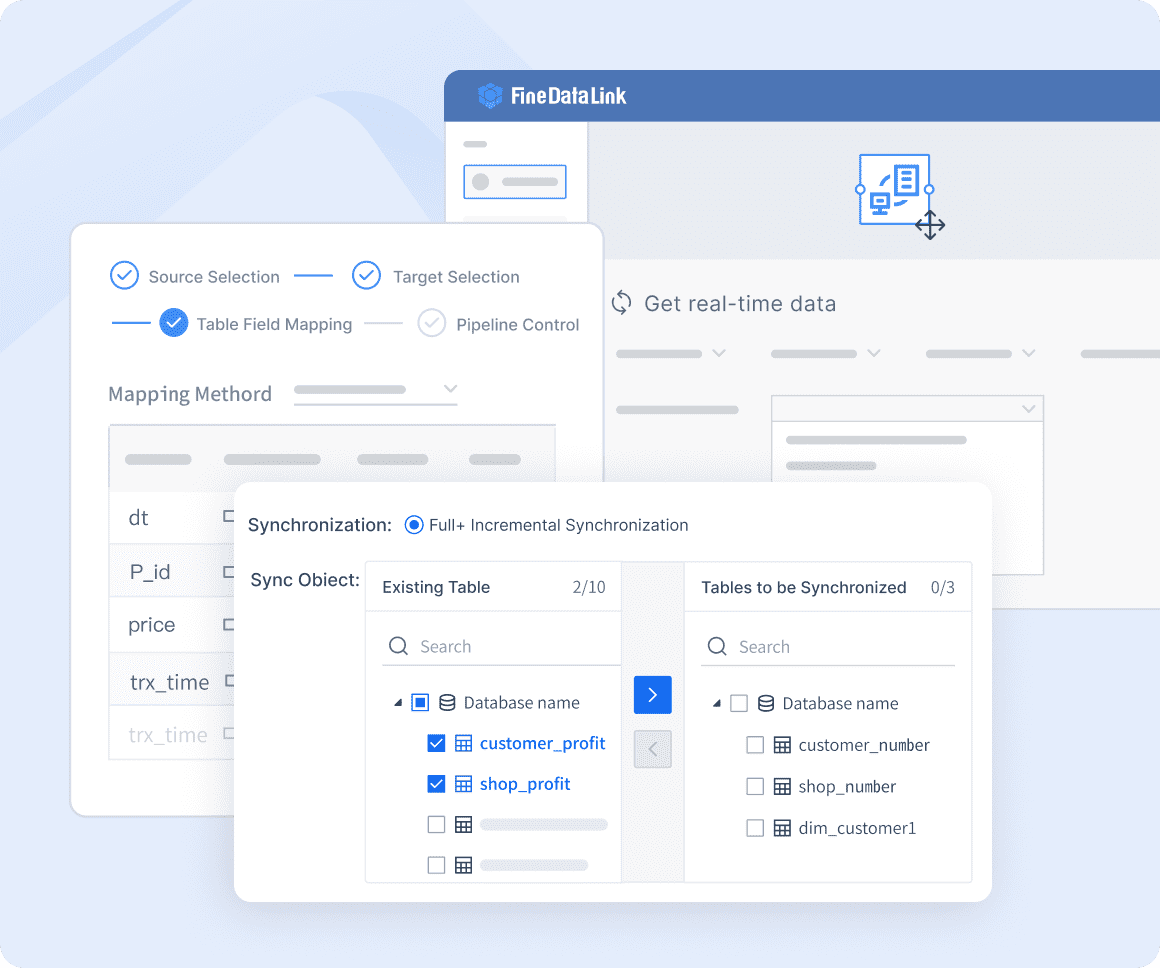
Key Features of FineDataLink:
By leveraging these features, FineDataLink empowers organizations to overcome data silos and improve operational efficiency. It addresses common challenges in data integration, such as scalability and performance, ensuring that businesses can handle large volumes of data effectively.
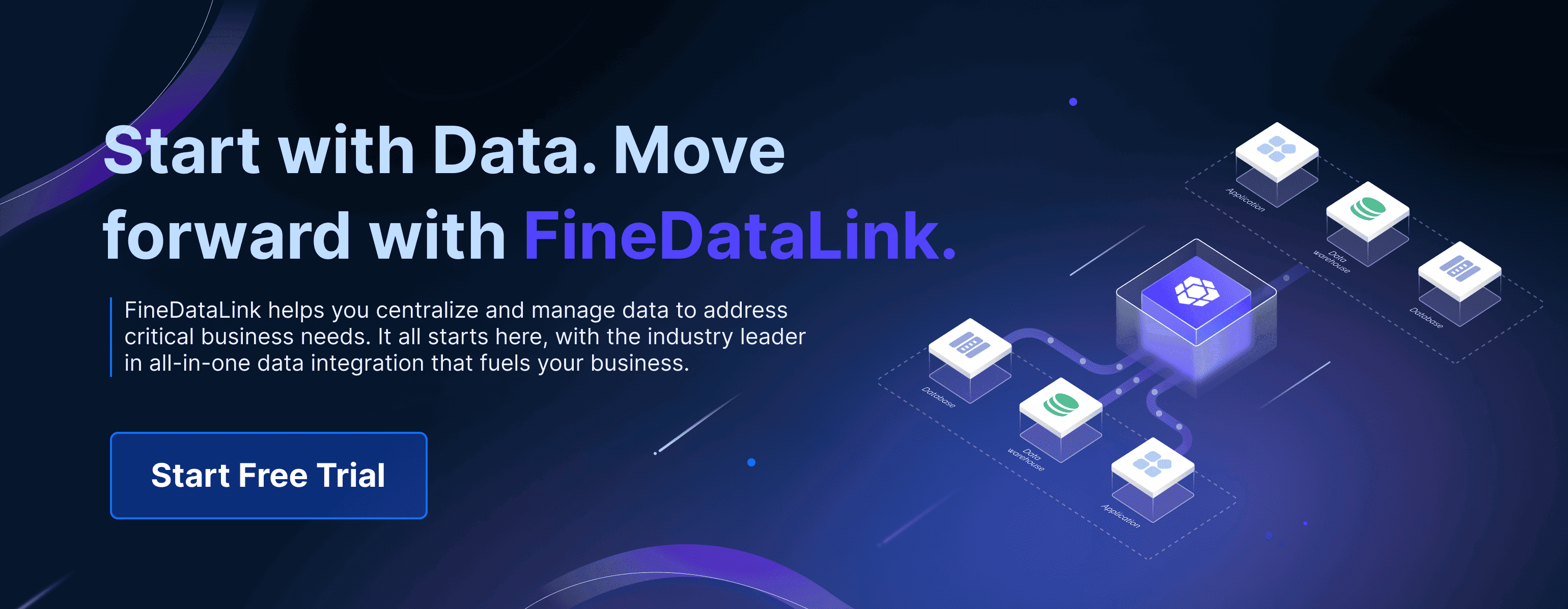
FineBI is designed to democratize data analysis and visualization across organizations. It enables business users and data analysts to connect, analyze, and share data effortlessly. FineBI transforms raw data into insightful visualizations, facilitating informed decision-making and strategic growth.
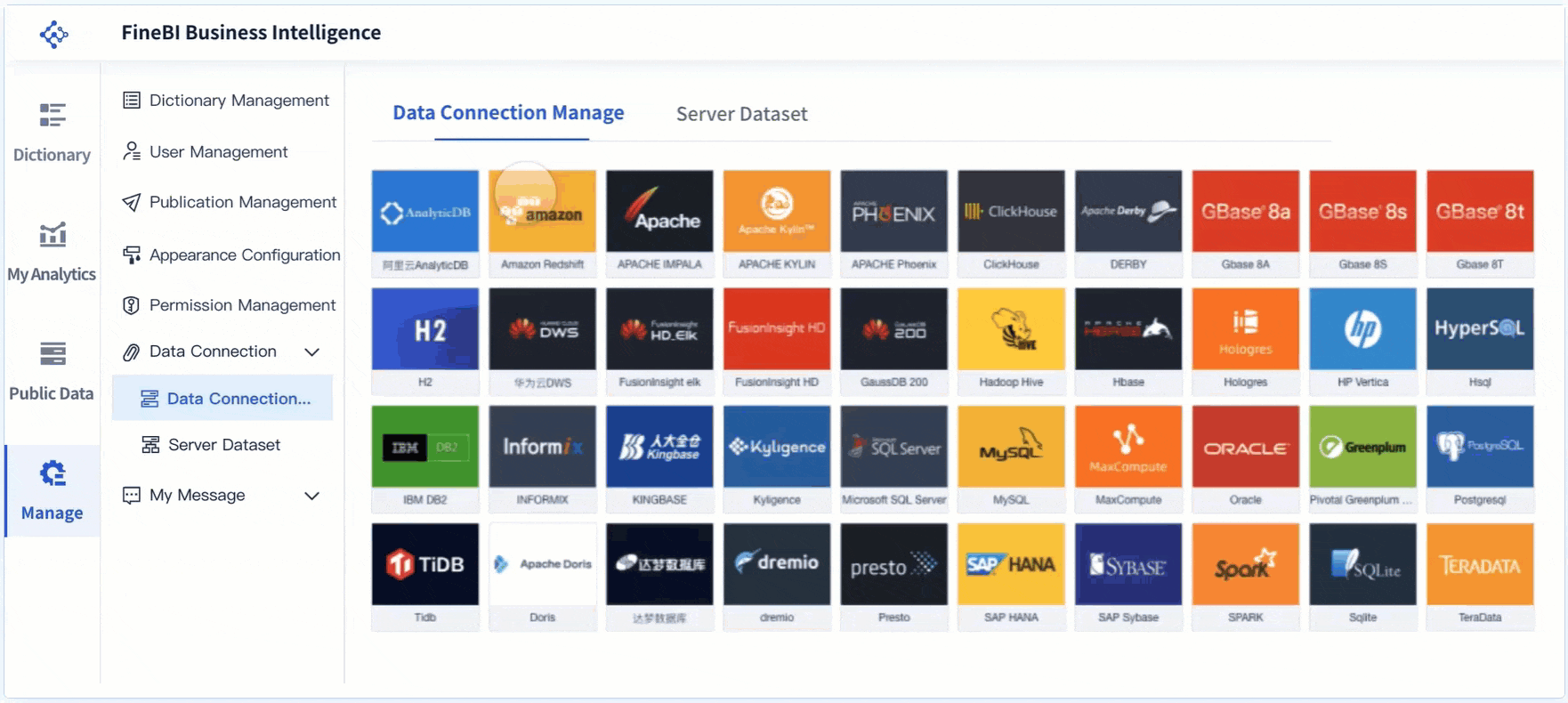
Advantages of FineBI:
FineBI's ability to provide a single source of truth enhances the quality of business intelligence reports. By offering role-based access control and real-time analysis, FineBI ensures that decision-makers have access to accurate and up-to-date information.
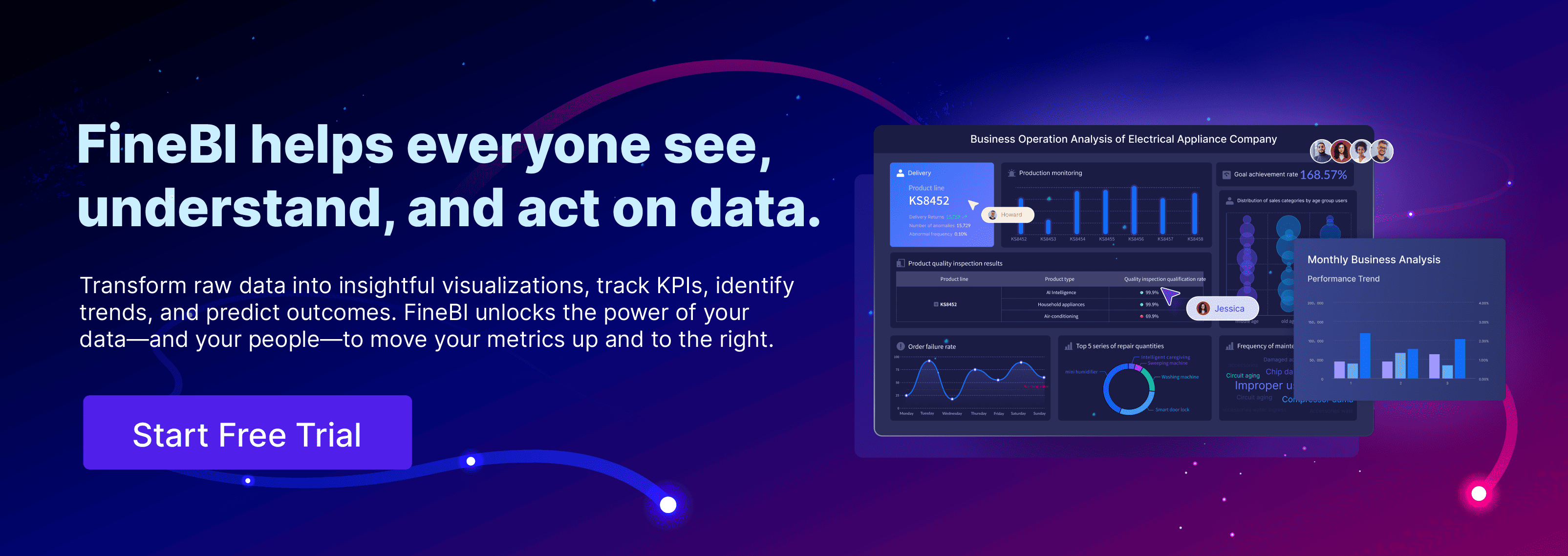
Survey Results:
Companies should invest in training their employees to ensure the quality of reference data management. New systems and processes require staff training to enable them to use modern technologies effectively.
FanRuan's commitment to innovation and customer-centricity positions FineDataLink and FineBI as essential tools for businesses aiming to enhance their reference data management capabilities. By integrating these solutions, organizations can improve data accuracy, enhance decision-making, and support strategic growth.
Reference data management (RDM) plays a crucial role in ensuring data accuracy and consistency across organizations. Here are some frequently asked questions about RDM and how it can benefit businesses.

Reference data management involves organizing, maintaining, and ensuring the accuracy of static data within an organization. It serves as a foundation for data integrity, integration, and analysis across various business processes.
RDM is essential for maintaining data consistency and accuracy, which are vital for effective decision-making. It helps prevent data decay and miscommunications by establishing formal governance processes.
These tools automate the governance of reference data, reducing reliance on spreadsheets and manual data handling. They facilitate the organization, updating, and consolidation of reference data, maintaining the integrity of business operations.
FanRuan offers robust data management solutions through products like FineDataLink and FineBI. These tools empower businesses to efficiently manage their data, ensuring accuracy, consistency, and compliance. They provide a complete view of enterprise data, streamline collaboration, and enhance operational efficiency.
By understanding these aspects of reference data management, businesses can leverage these tools to enhance data accuracy, improve decision-making, and support strategic growth.
Reference data management tools offer numerous advantages that enhance business operations. They improve data accuracy, streamline processes, and ensure compliance with regulations. Businesses should consider implementing these tools to harness their full potential. By adopting a robust reference data management strategy, organizations can empower their teams, simplify governance, and accelerate data initiatives. Explore the possibilities these tools offer and take the next step toward optimizing your data management framework.
Click the banner below to experience FineBI for free and empower your enterprise to convert data into productivity!
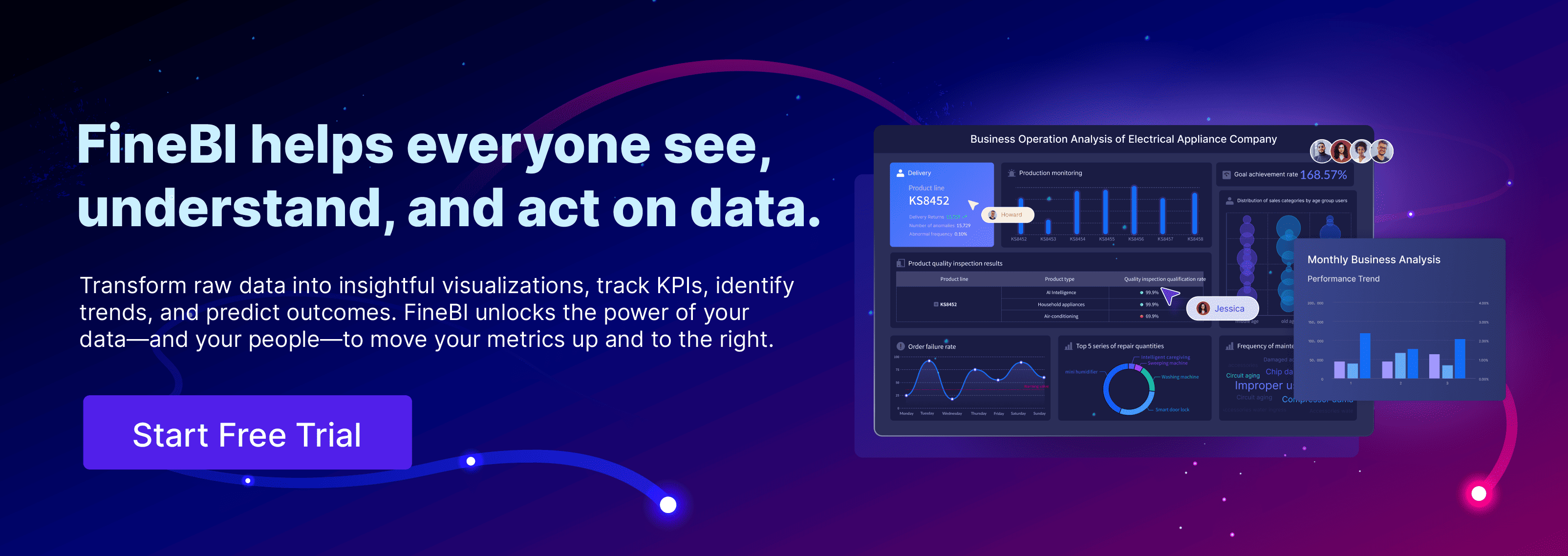
Mastering Data Management: Your Complete Guide
Essential Guide to Master Data Management

The Author
Howard
Data Management Engineer & Data Research Expert at FanRuan
Related Articles

What is a data management platform in 2025
A data management platform in 2025 centralizes, organizes, and activates business data, enabling smarter decisions and real-time insights across industries.
Howard
Dec 22, 2025

Top 10 Database Management Tools for 2025
See the top 10 database management tools for 2025, comparing features, security, and scalability to help you choose the right solution for your business.
Howard
Dec 17, 2025

Best Data Lake Vendors For Enterprise Needs
Compare top data lake vendors for enterprise needs. See which platforms offer the best scalability, integration, and security for your business.
Howard
Dec 07, 2025